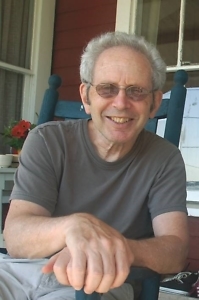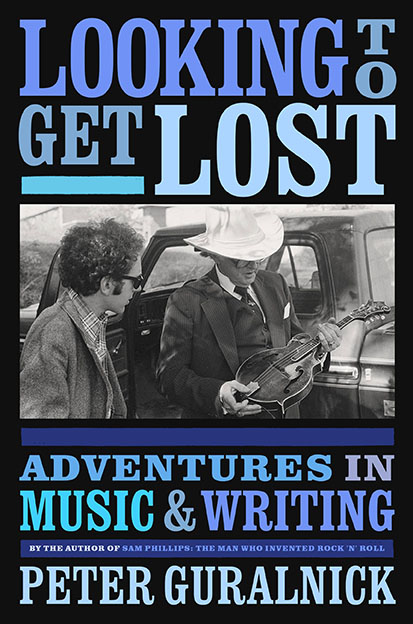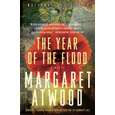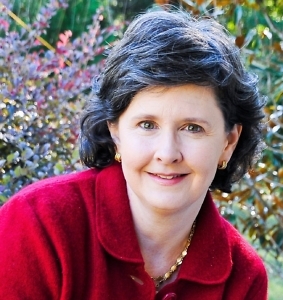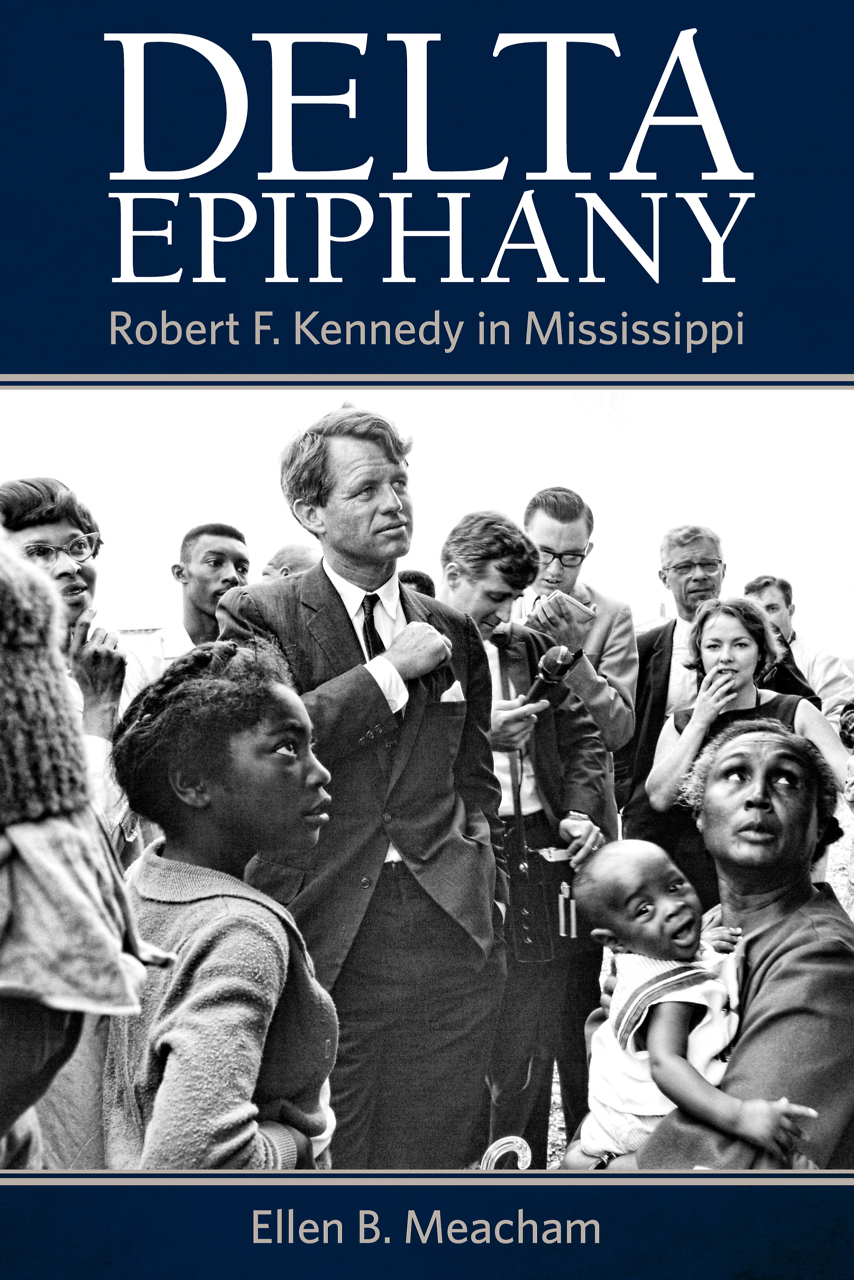Carrying the Torch
Lee Smith on lunch with Dolly, the transformative power of words, and the Southern Festival of Books
Over a lifetime of putting words on paper, master storyteller Lee Smith has written 15 award-winning novels, four powerful short story collections, a poignant memoir, and an honest-to-goodness off-Broadway musical. Smith is soft-spoken, easy to talk to, and quick to laugh. Thoughtful about the craft of writing and hopeful about the power of words to make the world a better place, Smith is respectful of the past and excited about the future. Above all, she is passionate about what she loves, be that her family, her characters, or her causes. Lee Smith is a force to be reckoned with in Southern literature.
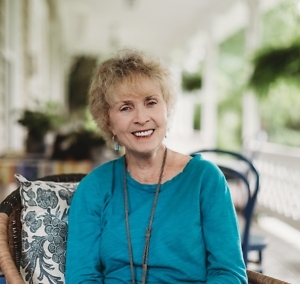
Smith’s latest novel, Silver Alert, follows Herb Atlas, an angry and grief-stricken octogenarian millionaire living in Key West, as he confronts his own declining health and that of his beloved wife, Susan, a former art gallery owner who is suffering from Alzheimer’s disease. Herb is struggling to keep his family from falling apart, and that’s when an unlikely ally — in the form of a young manicurist from the mountains of North Carolina — enters the picture. Dee Dee Mullins believes she can make a better life for herself if she works hard enough, but fate seems to throw roadblocks in her way at every turn. Against all odds, Herb and Dee Dee are destined to make a surprising difference in each other’s lives.
Prior to her appearance at the Southern Festival of Books, Smith answered questions from Chapter 16 by phone. The interview has been edited for length and clarity.
Chapter 16: About 40 years ago, when I was an undergraduate at Auburn University studying English, you visited to talk to the students about writing and to read from your latest novel. I think you were the first in-the-flesh published author I had ever met. My memories of that day are a little fuzzy; I’m not even sure which book you read from. But what I do remember – what I have always remembered – is how warm and funny and generous you were. So I just want to thank you for that.
Lee Smith: Oh, that’s so nice. I was lucky that way myself because when I was a freshman at Hollins College in Virginia they had a creative writing program — the first in the South, certainly — started by Louis Rubin. And Eudora Welty came to one of my classes. Can you believe it? And we were very naïve. It was early in the semester before we had read quite enough. We thought, “Who is this old woman in a dress that buttons up the front with such a crazy accent?” Then she read us “A Worn Path,” and I was completely hooked. It was amazing. So I’m glad [I made a good impression].
Chapter 16: You were carrying the torch that day at Auburn.
Smith: Well, I couldn’t even touch her torch, but I understand. There’s just something about meeting [a writer] that’s alive.
Chapter 16: Let’s talk a little about Silver Alert. You have a gift for finding humor in otherwise grim situations. These characters are dealing with serious issues: severe illness, sex trafficking, end-of-life choices, and physical abuse, among others. How do you strike the right balance between humor and heartache?
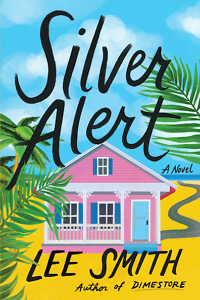 Smith: I do write about serious topics, but I love my characters and spend a whole lot of time — you can’t imagine how much time — creating them in my head so that they are completely alive. I imagine as fully as possible the entire life of each major character right up until the moment when the story starts. I know everything about them. I’m still writing in longhand, so my office is just full of pieces of paper that are flying everywhere. What was Herb’s first marriage like? What was he like as a child? I go through this pre-writing [process to] get to know my characters so completely before their book even starts.
Smith: I do write about serious topics, but I love my characters and spend a whole lot of time — you can’t imagine how much time — creating them in my head so that they are completely alive. I imagine as fully as possible the entire life of each major character right up until the moment when the story starts. I know everything about them. I’m still writing in longhand, so my office is just full of pieces of paper that are flying everywhere. What was Herb’s first marriage like? What was he like as a child? I go through this pre-writing [process to] get to know my characters so completely before their book even starts.
I think a major presence in this book is Herb’s wife, who is deep in the throes of Alzheimer’s when [the story] starts. In my mind she determined some of the form of the book because of her gallery. This book is constructed differently from any other book I’ve done. It’s in discrete sections rather than continuous chapters and each one has a title. To me, it’s like each section is a painting on the wall of Susan’s art gallery, and each one has a title and its own distinct point of view, in terms of the writing and often the characters. I couldn’t stand for Susan to be already gone because I liked her so much, so I think she was informing the shape and structure of the book and how the story was told. I think she just wanted to have an influence.
Chapter 16: In your wonderful memoir, Dimestore, you write: “No matter what I may think I am writing about at any given time — majorettes in Alabama, or a gruesome, long-ago murder, or the history of country music — I have come to realize that it is all, finally, about me, often in some complicated way I won’t come to understand until years later.” Maybe it’s too soon to tell, but in what ways do you think Silver Alert is about you?
Smith: It’s certainly about me in that my husband and I and all of our friends and so many people we know — we’re all dealing head on with these issues about aging. There’s no way to avoid them, and this informs everything: how you live, where you live, are you going to change the way you live? And then your relationships with your own family change as you get older. I’m almost 80 and my husband turns 80 this year. I think writing does give us a safe way to deal with some of these issues which in our own lives seem very perilous and dangerous and scary. But you create a character and the character’s got to deal with it.
That’s another reason I’ve felt so appreciative all these years of the privilege of being a writer. Fiction gives you a chance to think about and work through things that are on your mind, including issues you care a great deal about. For instance, sex trafficking is something I first became aware of in Nashville years ago when I did a fundraiser for Thistle Farms. Since then, I’ve worked with several different programs, including one in Chapel Hill, North Carolina, and one in Maine where I did a writing workshop. But Thistle Farms was the first time I was aware of such a program trying to give women skills and a sense of themselves and a way to get past these horrible things that have happened to them.
Chapter 16: In a 2017 interview with Chapter 16, you said that unlike the “breathtaking intensity” of the creative process when you were just starting out, writing had become “a more deliberate, conscious, contemplative process.” What is your current relationship to writing like?
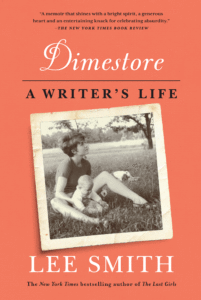 Smith: It’s still pretty emotional, I think. I mean, it is more contemplative, certainly. When you’re younger, everything is more intense for you. So many of your emotions are new. It is more contemplative now, I would say. But still, when I’m writing about things that mean as much to me as the major things [in Silver Alert] do, it’s an emotional process. I think about how Dee Dee is learning words [to increase her vocabulary] and becoming somebody who can tell what she went through and how she feels. Writing gives us a voice. And literacy gives us a voice. And that’s another great big topic for me. We’ve got to give people words; we’ve got to give everyone a voice. I just did a big benefit in Orange County, North Carolina, and it was wonderful. Literacy also now involves all these programs for Spanish-speaking people and trying to incorporate that community. Getting the words — you’ve got to get the words!
Smith: It’s still pretty emotional, I think. I mean, it is more contemplative, certainly. When you’re younger, everything is more intense for you. So many of your emotions are new. It is more contemplative now, I would say. But still, when I’m writing about things that mean as much to me as the major things [in Silver Alert] do, it’s an emotional process. I think about how Dee Dee is learning words [to increase her vocabulary] and becoming somebody who can tell what she went through and how she feels. Writing gives us a voice. And literacy gives us a voice. And that’s another great big topic for me. We’ve got to give people words; we’ve got to give everyone a voice. I just did a big benefit in Orange County, North Carolina, and it was wonderful. Literacy also now involves all these programs for Spanish-speaking people and trying to incorporate that community. Getting the words — you’ve got to get the words!
Chapter 16: Speaking of words, are you working on something currently that we could look forward to?
Smith: Lord, I’m always doing something! I seem to be working on stories. And I actually have a new story that’s out right this minute in Narrative magazine, which is an online magazine. I have a whole basket of stories in different stages that I am working on. I love stories. These are in every stage, from just notes about a story I want to write about such-and-such to a bad version of a story about such-and-such. So they are kind of all over the place.
Chapter 16: And finally, the Southern Festival of Books in Nashville will celebrate its 35th year this October. What comes to mind when you reflect on your attendance at the festival over the years?
Smith: Oh, so many, many things. It meant everything to go and to have a name for what you were up to. Just to be able to gather together with other people who had similar interests. I remember meeting so many people whose work I had always admired. And then hearing new writers for the first time. I remember being there the first time Larry Brown read. Nobody’d heard anything like Larry Brown at that time. And we were all so privileged to get to know the older writers, who had really been so instrumental in even thinking up that there was such a thing as “Southern literature” — and what was it and what did it mean? And then to trace it down through all the changes and the changing times.
I think it’s so important to have a big, inclusive, safe space where we’re going to talk about everything that we “people of the word” care about. The questions have gotten so much deeper and more complex and important in terms of race and sexuality and politics. As we all grow older and things change in the world, our own writing changes inevitably. With Silver Alert, for the first time, I had to have a sensitivity reader. And I think this wonderful forum of the Southern Festival of Books offers many different kinds of venues where all of these things can be discussed and where we can also enjoy each other and appreciate each other and all the different kinds of writing that come together at the festival. It’s so important. I think if we stop doing this kind of thing, we do become very closed in among our own prejudices and our own limited knowledge.
This is a crazy story, but in 2000 [the festival organizers] asked me to give the main talk. I was completely terrified because I was so much younger and undereducated compared to all of these people who were wonderful scholars. I remember being in a complete panic, but I was flying over there to do it, and just as I was packing up and getting ready to leave, the phone rang and this voice said he was Dolly Parton’s manager and he had seen in the paper that I was coming to talk at the festival and he and Dolly wondered if they could take me out to lunch before my talk. And I said, “Why, yes!” When I told my husband, Hal, who hadn’t planned to go and had all sorts of other things to do, he immediately jumped up and said, “Oh, I’ll be going.” They picked us up from our hotel and took us to a restaurant in an old antebellum house. When we walked in — me and Hal and Dolly’s manager and Dolly — everybody in the restaurant stood up and burst into applause. And I turned around and looked at my husband and he’s waving, he’s in the back and he’s waving and waving. But anyway, that was a surprise and I was real glad to meet Dolly. So that was a very memorable festival, although I have no idea what I said in my talk!
[Read a review of Silver Alert here.]
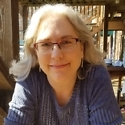
Tina Chambers has worked as a technical editor at an engineering firm and as an editorial assistant at Peachtree Publishers, where she worked on books by Erskine Caldwell, Will Campbell, and Ferrol Sams, to name a few. She lives in Chattanooga.
